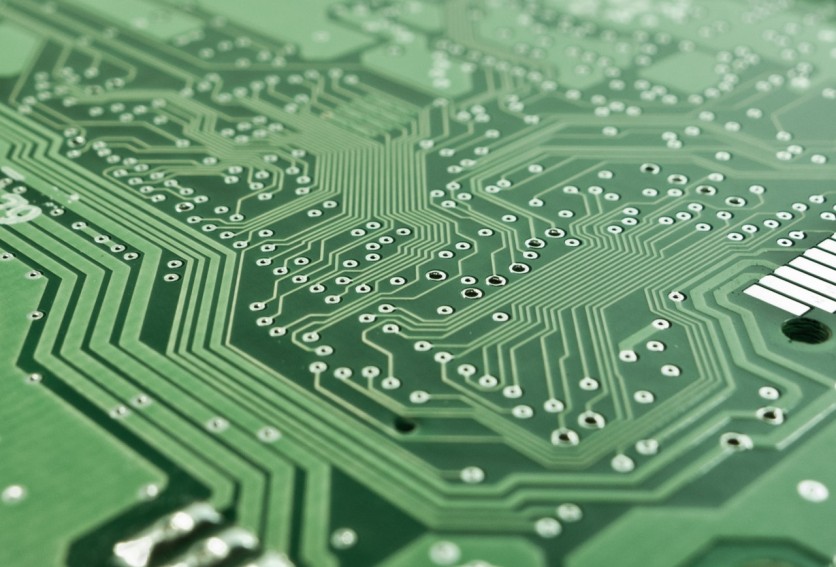Ever since tech CEO Elon Musk announced his then-mysterious brain chip Neuralink, critics have been voicing their concerns over the brain-computer interface technology, with many mainly concerned over the safety of the tech and the people who get to try it.

The Biggest BCI Tech
According to Musk, the Neuralink brain chip will allow people to command computers with their brains through the use of the tech.
This is apparently an effort to outsmart artificial intelligence that will allow them to overtake humans, something that's more well-known as the technological singularity that could drive humankind to extinction.
Furthermore, the billionaire has also said multiple times that the tech is made more for people with paralysis to help them carry out day to day tasks with more ease than ever before, but it's also meant to allow humans to "expand" our abilities, as per the official website.
However, experts are not entirely convinced, saying that we shouldn't be rushing into hotwiring our brains.
Potential Dangers of Neuralink Brain Chip
Critics' most significant concern with the Neuralink brain chip is its potential to be hacked by cybercriminals.
Jason Lau, the chief information security officer of Crypto.com, wrote in an article in Forbes about the possible hacking dangers of the Neuralink brain chip and the brain-computer interface technology in general.
According to Lau, the brain chip is still technically a computer, and hackers are more attracted to technologies that are more complicated and smarter than before.
Therefore, it's not surprising that hackers may target the upcoming BCI chip from Musk's company.
But what's more terrifying is that our brains hold data that computers don't have, and if hackers can get their way through the brain chip, they can control people, from robbing wealthy people to controlling their thoughts and even hijacking events like elections.
"Autopilot software features in cars have already resulted in deaths; imagine what a hacked army of sentient beings could do," Lau further said.
Do We Need to Hotwire Our Brain?
Another expert who has some concerns over the Neuralink brain chip is Professor Sophie Scott, a leading neurologist, who is questioning if we really need to use BCI tech to "expand the mind," as per LADBible.
Moreover, Scott also argued that using a brain chip and connecting humans to computers won't necessarily make humans smarter.
In a previous report by Tech Times, a couple of research papers have been published outlining the ethical issues surrounding the tech, which include the risks of the invasive surgeries required to attach the BCI tech.
The other study states the "authenticity" of machine-augmented intelligence, specifically the extent of what the person feels if they achieved something.
While experts are concerned about the potential dangers and ethics of the Neuralink brain chip, they did say that the technology has the potential to do some good, especially in helping people who have suffered from a stroke or had injuries that left them paralyzed.
Nevertheless, these experts only wanted to address that technological advancements such as the BCI "must be done thoughtfully," according to Lau.
Related Article : [VIDEO] Hacker 'Steals' Tesla Model X in 150 Seconds Using New Key Cloning Relay Attack
This article is owned by Tech Times
Written by: Nhx Tingson
ⓒ 2025 TECHTIMES.com All rights reserved. Do not reproduce without permission.




